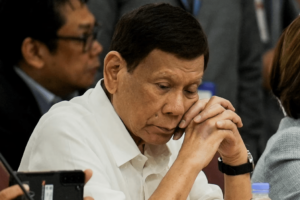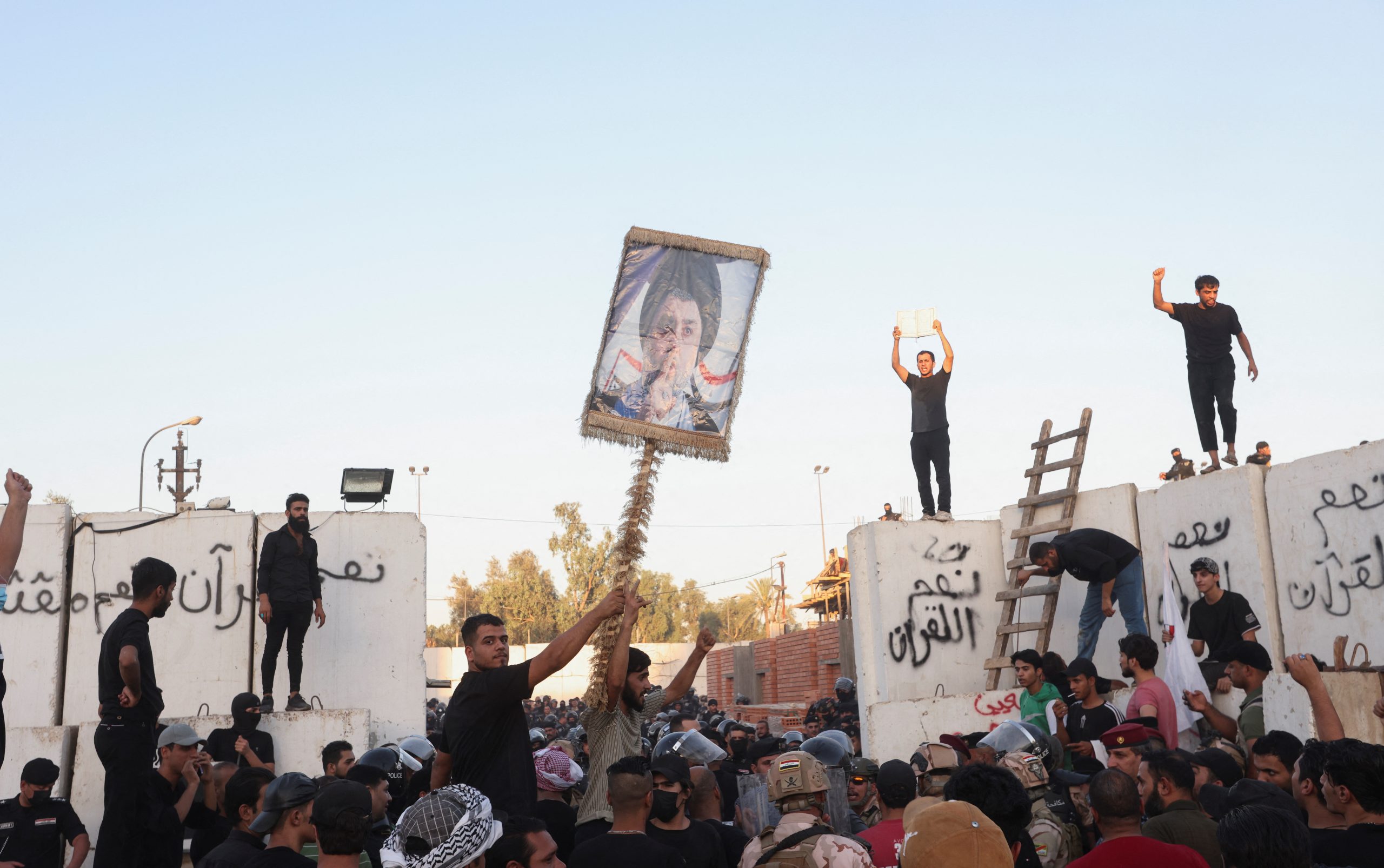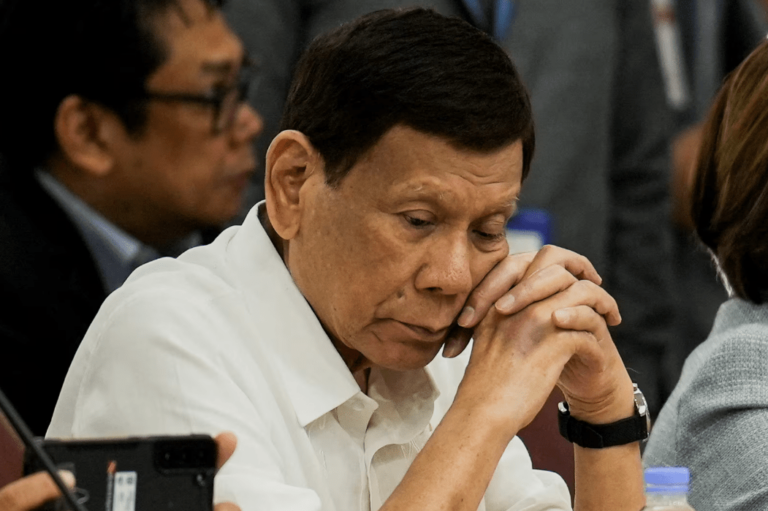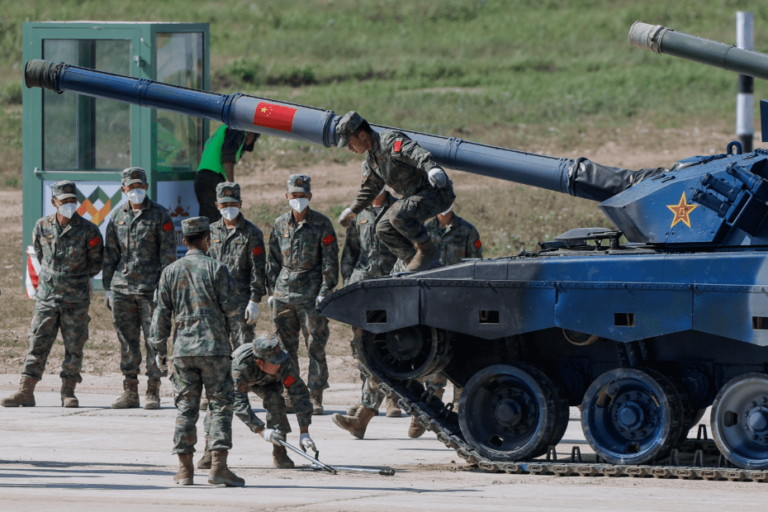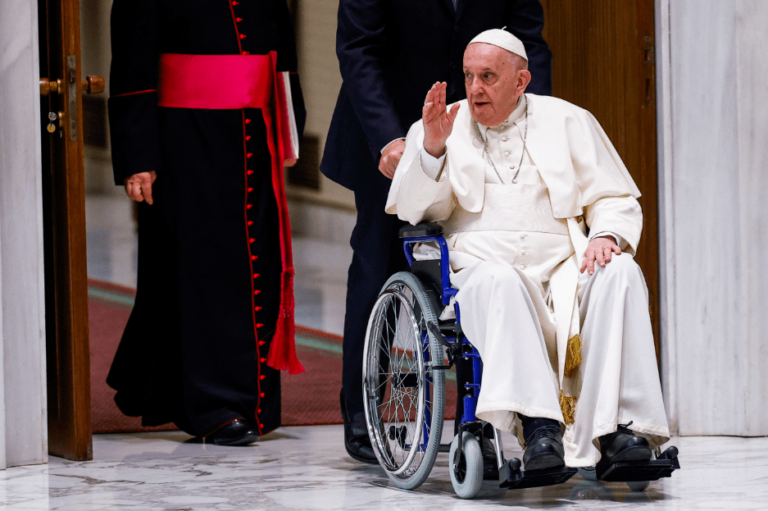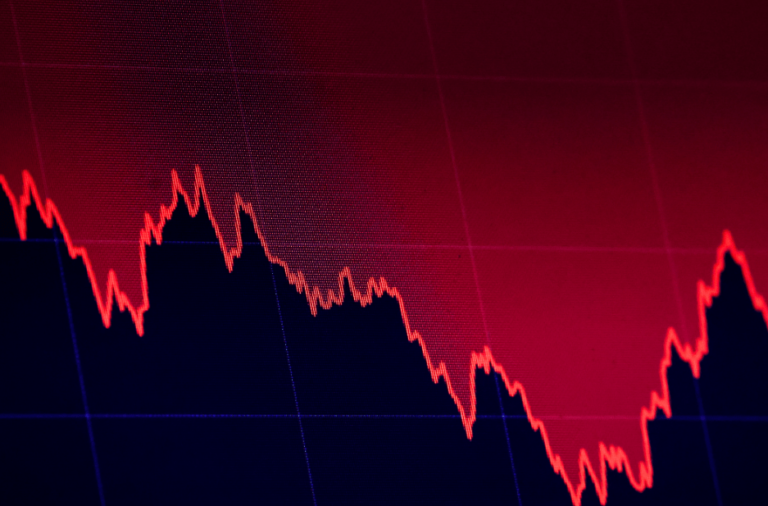In a startling display of anger and frustration, protesters in Baghdad stormed the Swedish Embassy, reacting to the planned burning of the Quran by an Iraqi man in Sweden. The incident set off a chain of events, prompting Iraq’s prime minister to sever diplomatic ties with Sweden, exacerbating tensions between the two nations. The incident at the embassy took place ahead of a scheduled Quran burning in Stockholm by an Iraqi asylum-seeker who had previously desecrated the holy book during a demonstration.
Following the attack on the diplomatic post, Iraq’s Prime Minister Mohammed Shia al-Sudani vowed to prosecute those responsible for the arson and investigate the role of “negligent security officials.” The situation escalated rapidly, with Iraq delivering a strong message to Sweden by ordering the expulsion of the Swedish ambassador and withdrawing the Iraqi charge d’affaires from the Scandinavian country.
As the incident unfolds, the ramifications extend beyond diplomatic relations. In a retaliatory move, the head of Iraq’s Media and Communications Commission suspended the license of Swedish communications company Ericsson to operate in Iraq, and the Ministry of Communications declared a complete termination of dealings with Swedish companies.
While the right to public demonstrations is protected in Sweden, the burning of the Quran deeply offended Muslims worldwide, sparking protests, including the suspension of Swedish organizations’ activities by the Taliban in Afghanistan. This incident echoes similar Quran burnings that triggered violent reactions in the past, illustrating the sensitivity and importance of respecting religious beliefs.
The upheaval surrounding the embassy and the Quran burning casts a spotlight on the influential Iraqi Shiite cleric and political leader, Muqtada al-Sadr, who has played a significant role in Iraqi politics since the 2003 U.S.-led invasion. Despite his previous involvement in sectarian conflicts, his followers now participate in Iraqi military offensives against the Islamic State group and stage rallies against government corruption.
In light of these events, the diplomatic landscape between Iraq and Sweden faces significant challenges, and both nations find themselves grappling with the consequences of actions that have deeply affected religious sentiments and international relations.


